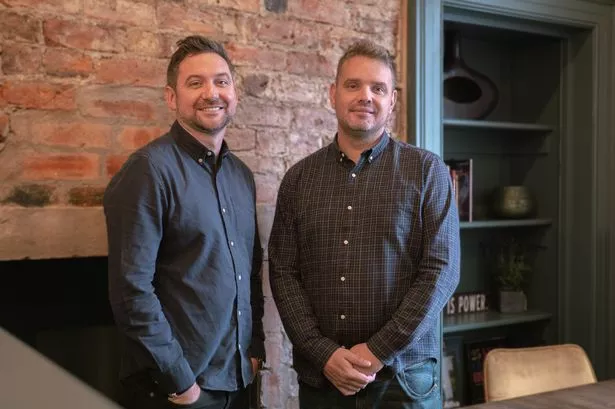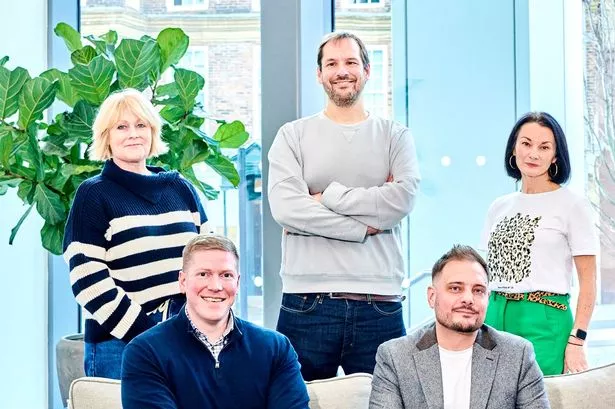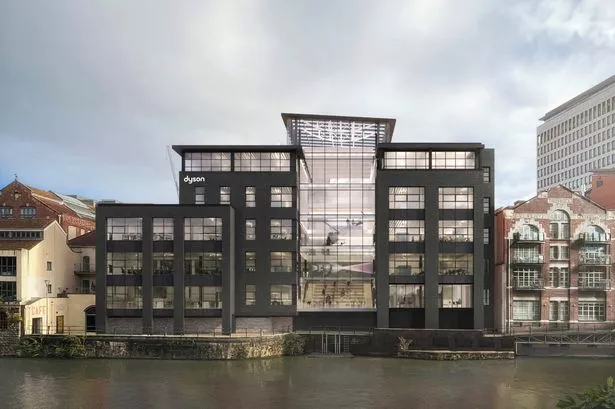
In 2024, AI startups in the UK secured a staggering 25% of all venture capital funding, amassing $15.9bn (£12.8bn), which marks a significant increase from $3.1bn (£2.5bn) just four years prior. According to the latest figures from Balderton Capital, 2024 was the second-best year for AI investment in the UK on record.
The sector's valuation has soared, more than doubling to $236.9bn (£191bn) during this period. The venture capital firm also identified 20 AI unicorns within the UK, such as Wayve, Exscientia, and Oxford Nanopore Technologies, accounting for 11% of all UK unicorns, as reported by City AM.
Despite these impressive numbers, the UK and Europe still trail behind the US in terms of investment growth. European AI startups garnered 25% of all European VC funding in 2024, totalling $13.6bn (£10.9bn), reflecting a 15% increase over the past four years.
Balderton Capital's data shows that the collective value of European AI startups doubled in four years to $508 billion, now representing nearly 15% of the tech sector's total value, up from 12% three years ago.
However, James Wise, general partner at Balderton Capital, pointed out that these results challenge the "relatively negative narrative" surrounding Europe in the AI field. He highlighted the potential for substantial fundraising in Europe, stating: "You can raise hundreds of millions (euros), even billions as a very early-stage AI company if you’ve got a breakthrough technology in Europe, just as you can in the US."
The US continues to lead in AI funding, with deeptech startups securing 33% of the country's early-stage venture capital in 2024, as per Atomico’s report. The European tech sector, meanwhile, is grappling with talent retention issues, having seen 492 tech workers migrate to the US in 2023, lured by attractive salaries at top firms like Google, Amazon, and Microsoft.
On a brighter note, Europe's AI investment isn't solely internal; US companies are increasingly scouting the continent for talent and opportunities, with European entrepreneurs behind about 10% of US startups. Yet, Europe still relies heavily on non-domestic funding, highlighting its dependency on external investment.
Despite this, the AI sector holds promise for Europe and the UK, with industry experts maintaining a positive outlook on its future prospects. Susannah Streeter, Hargreaves Lansdown’s head of money and markets, has called AI "The most exciting and fast-moving sector" and anticipates 2025 to be a "pivotal" year for its expansion.









